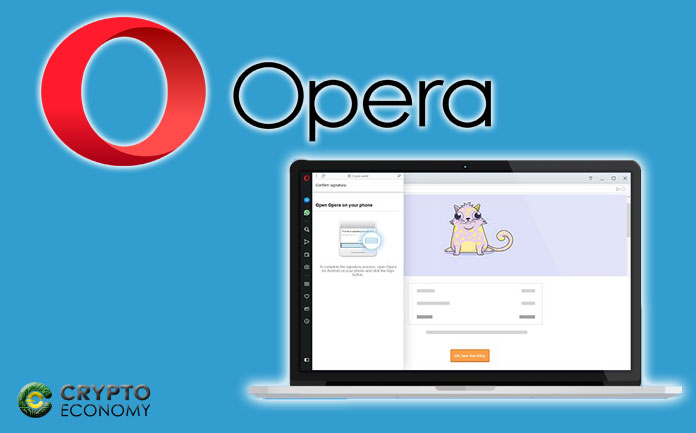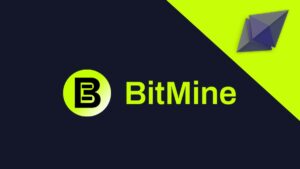California-based Opera browser, the fifth largest browser by user numbers after Google’s Chrome, Mozilla’s Firefox, Microsoft’s Edge and Apple’s Safari, has announced that it has added support for Ethereum blockchain and ERC-20 standardized decentralized applications (dApps) to its desktop products.
This development allows the browser to fully integrate Web 3.0 applications and enable its users to interact seamlessly with dApps and other peer-to-peer systems on the blockchain.
Opera was the first browser to integrate cryptocurrencies to its mobile browser back in June when it announced that it would integrate an Ethereum wallet. This move to include a seamless integration of its desktop browser with dApps allows its users to interact with blockchain applications without having to switch between browsers.
Opera has also brought its mobile browser Ethereum wallet to the desktop browser. This feature is, however, still in its beta testing stage and has not been officially launched into the market. This move is aimed at helping push the niched cryptocurrency industry into mainstream adoption. In a previous event, Charles Hammel, who is the Product Lead of Opera Crypto said that,
“having a Wallet in the browser brings the cash experience to the world of online payments. Paying with the Crypto Wallet is like sending digital cash straight from your phone, and we’ve just made it easier. This opens up new possibilities for merchants and content creators alike.”
Currently, users of Chrome have the option of installing plug-ins such as Metamask which allows them to access their Ethereum wallets while using the browser. This integration allows the users to make transactions through the browser without having to switch applications or even browsers.
The advantage with Opera’s method is that the wallet will be already integrated as opposed to Metamask’s integration with Chrome which requires the user to download and install the plug-in. however, for security and privacy reasons, users will have to interconnect the browser with their mobile devices to enable a two-factor authentication feature.
Opera has control of less than 4% of the browser market share but its move to fully support cryptocurrency is a step in the right direction. The browser is well recognized and has a very loyal and active user base. It also adds another option to the table for users who are looking for a Chrome alternative of the Metamask implementation.
In July, CCN reported that Bitmain, the leading manufacturer of cryptocurrency mining equipment, was considering acquiring 43% equity in Opera browser. This development has not been confirmed since but it seems that the browser is seeking to lead the way for other browsers to follow in terms of cryptocurrency adoption. In Hammel’s words,
“we believe the web of today will be the interface to the decentralized web of tomorrow. By becoming the first major browser to open up to Web 3.0, we would like to contribute to making the internet of the future more accessible. Our hope is that this will accelerate the transition of cryptocurrencies from speculation and investment to being used for actual payments and transactions in our users’ daily lives.”










